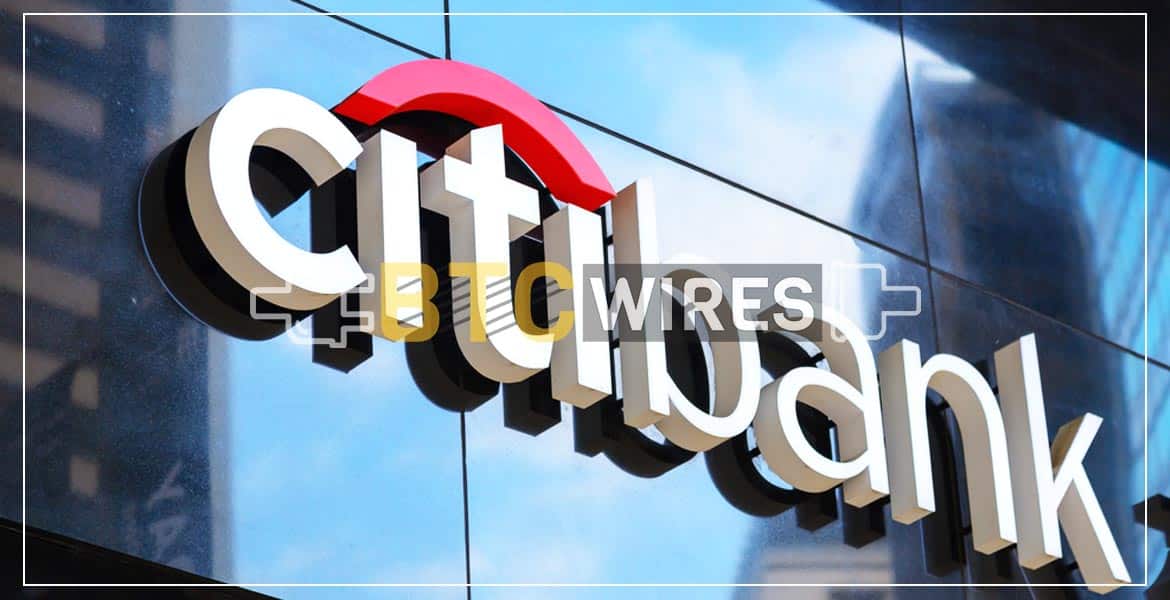Citigroup Inc. an American multinational investment bank and financial services

Citigroup Inc. an American multinational investment bank and financial services corporation headquartered in New York City, the bank have promised to provide a new mechanism for crypto investing. The bank has a new mechanism called “Digital Asset Receipt” (DAR) for crypto investment, which is similar to American Depository Receipt (ADR) “a negotiable certificate issued by a U.S. bank representing a specified number of shares (or one share) in a foreign stock traded on a U.S. exchange.”
The bank is planning to “act as an agent issuing so-called digital asset receipts, or DARs, to enable trading by proxy without direct ownership of the underlying coins.” This process might keep the regulators cool and would make it easier to participate for the institutional investors from the Wall Street. The methodology is less risky and may bring more amount of investors and could be the game changer.
Citi’s analyst, Josh Levin, had written in a note to clients that “investors should keep an open mind but treat more heated near-term crypto/blockchain predictions with a healthy skepticism.” Also with this, the note stated that Citigroup has been showing a “huge interest” in crypto.
Likewise, on 3rd November 2017, according to the XBT Provider, the UK brokerage platform of Citibank (Citigroup’s consumer division) had started offering clients access to Ether Exchange Traded Notes (ETNs). Surprisingly, the report of Citigroup planning to offer DARs came on the same day when U.S. Securities and Exchange Commission (SEC) was ordering a temporary suspension of trading in XBT Provider’s Bitcoin and Ether ETNs (“Bitcoin Tracker One” and “Ether Tracker One”). The project is a collaboration between the bank’s capital markets origination team and the depository receipts services team. It is more convenient and sensible for the bank to have “synthetic ADR” approach since the bank is one of the world’s largest issuer of ADRs.
